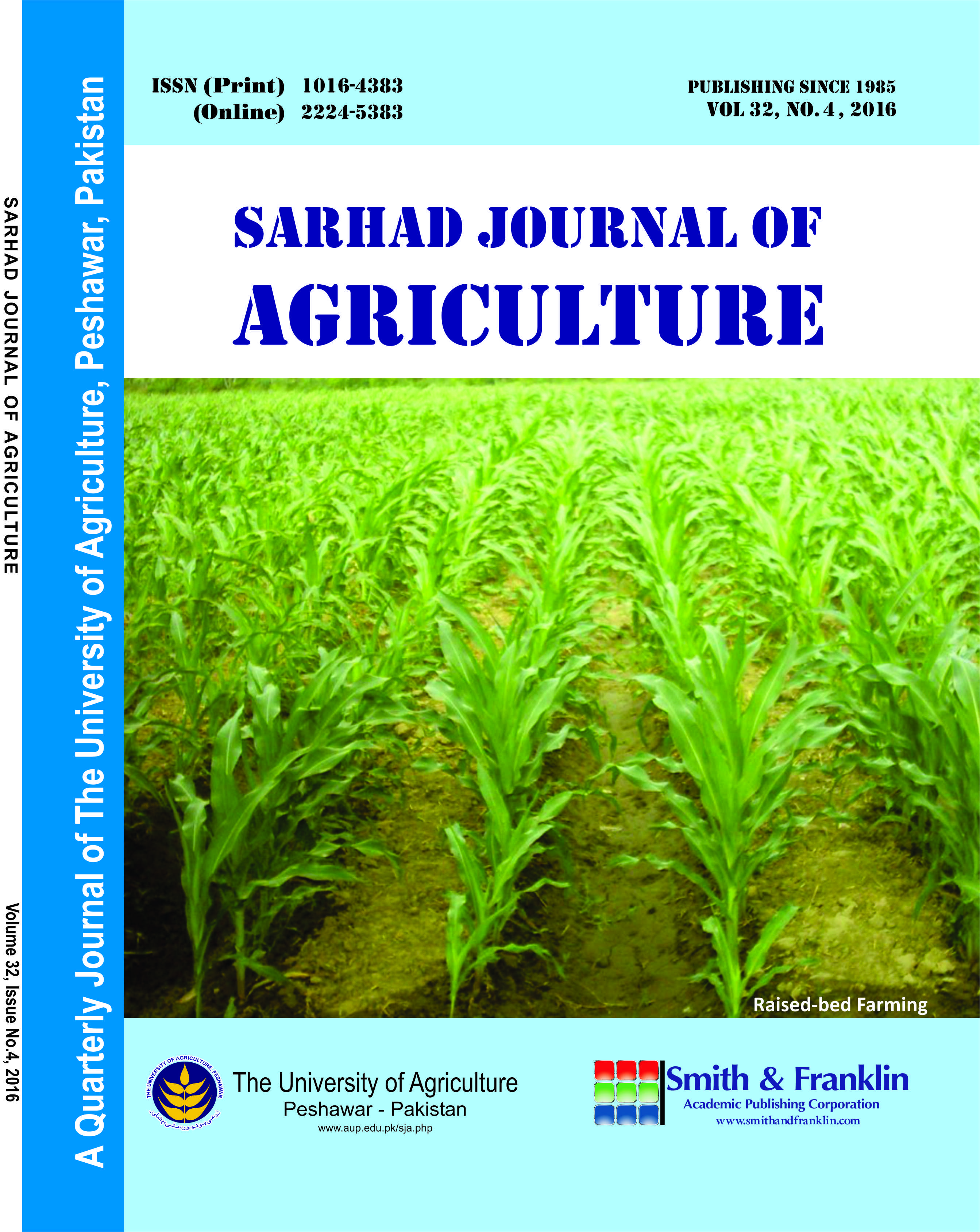Evaluation of Weeds Against Root-Knot Nematode (Meloidogyne incognita) in Vegetables
Evaluation of Weeds Against Root-Knot Nematode (Meloidogyne incognita) in Vegetables
Oluwatoyin Adenike Fabiyi
ABSTRACT
The indiscriminate use of pesticides by small holder farmers under unregistered informal sector in vegetable farming has culminated in severe environmental pollution, increase in unacceptable percentage of residue in vegetables and resistance of nematodes to the currently used nematicides. This has prompted the evaluation of medicinal plants as probable sources of nematicides. A study was conducted in the screenhouse to evaluate the nematicidal potential of Tridax procumbens and Sida acuta (weeds) on root knot nematodes Meloidogyne incognita infesting lettuce and carrots. T. procubmens and S. acuta was applied as soil amendment (400, 600 & 800g) and organic solvent crude extracts (40, 60, 80g/kg soil) in M. incognita infested lettuce and carrot plants as treatments. Results showed that lettuce and carrot plants grown in pots amended with the highest quantity of plant materials (800g) had commendatory vegetative growth all through the study weeks as against the plants treated with organic solvent extracts and the untreated control plants. Vegetative parameters differ significantly (p<0.05) with increasing quantity of treatment materials applied. Fruit and head weights in carrots and lettuce at harvest decreased significantly in untreated control plants. T. procumbens caused significantly more reduction in M. incognita reproduction, with higher yield than S. acuta. This study demonstrated that T. procumbens and S. acuta though, classified as weeds could be used successfully as soil amendments in ameliorating the effects of M. incognita infection on vegetables like lettuce and carrots thereby forestalling environmental pollution.
To share on other social networks, click on any share button. What are these?







